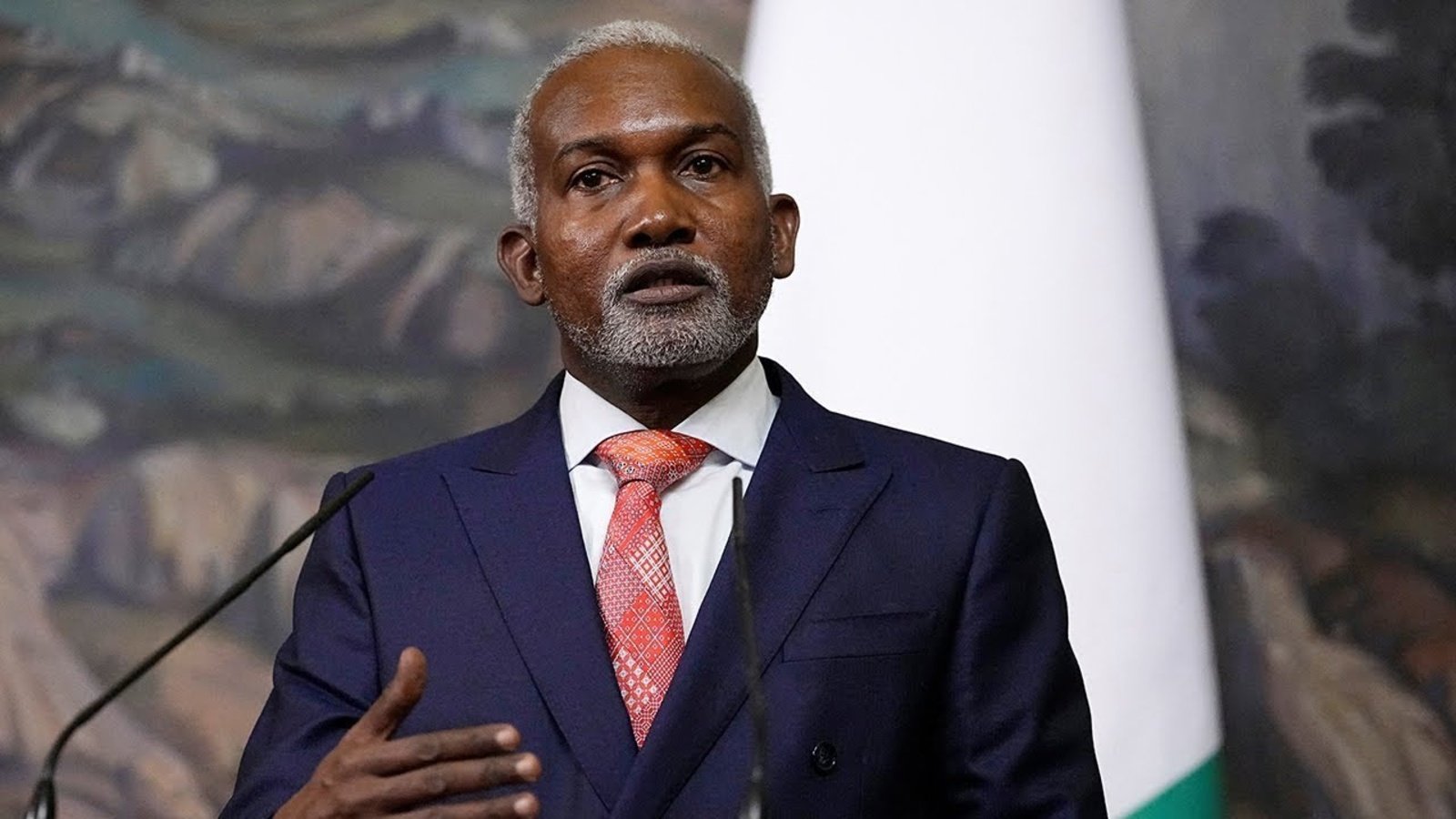BUSINESS

YUSUF TUGGAR PUSHES FOR STRONGER TECH AND TRADE TIES AT CHINA-AFRICA COOPERATION FORUM
Nigeria’s Minister of Foreign Affairs, Yusuf Tuggar, is doubling down on efforts to deepen economic, diplomatic, and technological ties with China, reaffirming the country’s commitment to active participation in the Forum on China-Africa Cooperation (FOCAC).
Speaking to the News Agency of Nigeria (NAN) on the sidelines of the Ministerial Meeting of Coordinators on the Implementation of FOCAC Follow-up Actions, held in Changsha, Hunan Province, Tuggar emphasized that the forum is more than a dialogue platform — it’s a mechanism for real action and strategic collaboration.
“FOCAC is not just a forum for discussions. It’s a platform for action,” Tuggar said, highlighting Nigeria’s readiness to harness its full potential through partnerships rooted in shared growth.
Celebrating 25 Years of China-Africa Cooperation
The year 2025 marks the 25th anniversary of FOCAC, which has been instrumental in shaping Sino-African relations since its inception in 2000. Over the past two decades, China has helped Africa construct or upgrade nearly 100,000 kilometers of roads and more than 10,000 kilometers of railways.
China’s Foreign Ministry reports that in the last three years alone, Chinese businesses have generated over 1.1 million new jobs across the African continent, demonstrating the tangible impact of this long-standing cooperation.
Strategic Projects and Economic Diversification
Tuggar cited key Nigeria-China collaborations, such as the Zungeru Hydroelectric Power Plant and the Lagos-Ibadan railway project, as clear indicators of what can be achieved through mutual trust and investment.
“We want to see more domestication of the refining process, and more value added within the African supply chain,” Tuggar stated, pointing to Nigeria’s broader goals of industrialization and economic diversification.
As Africa shifts away from being a raw material exporter, the continent is seeking to assert itself as a competitive player in the global tech and industrial space.
Tech Transformation and AI Inclusion
Tuggar also raised a critical point about the emergence of Artificial Intelligence and satellite technologies, calling for Africa’s inclusion in global conversations and policymaking around these fast-growing sectors.
“We must not only engage — we must also benefit,” he said, stressing that Africa cannot afford to be left behind in the 4th Industrial Revolution.
China has echoed similar sentiments, reiterating its willingness to support Africa in areas such as agricultural modernization, industrialization, and zero-tariff treatment for 100% of tariff lines under new trade protocols.
China's Growing Support
In his keynote speech at the event, Chinese Foreign Minister Wang Yi disclosed that in just the past nine months, China has funneled over 130.32 billion yuan in financial aid across Africa, with an additional 139.95 billion yuan in insurance coverage aimed at safeguarding China-Africa cooperation projects.
Wang Yi emphasized China’s readiness to help Africa build a stable, modernized, and prosperous future through strategic trade and investment initiatives.
Looking Ahead: The Fourth China-Africa Economic and Trade Expo
Following the ministerial meeting, Changsha will host the Fourth China-Africa Economic and Trade Expo from June 12 to 15, under the theme:
“China and Africa: Together Toward Modernisation.”
The expo will gather representatives from over 50 African countries, including Nigeria, with a focus on:
Agriculture & agro-processing
Infrastructure development
Industrial chain integration and collaboration
As the world races forward with digital and industrial advances, Nigeria's presence and positioning at forums like FOCAC reflect a growing ambition — to not just keep up, but lead the transformation on the continent.
"This represents a significant development in our ongoing coverage of current events."— Editorial Board









